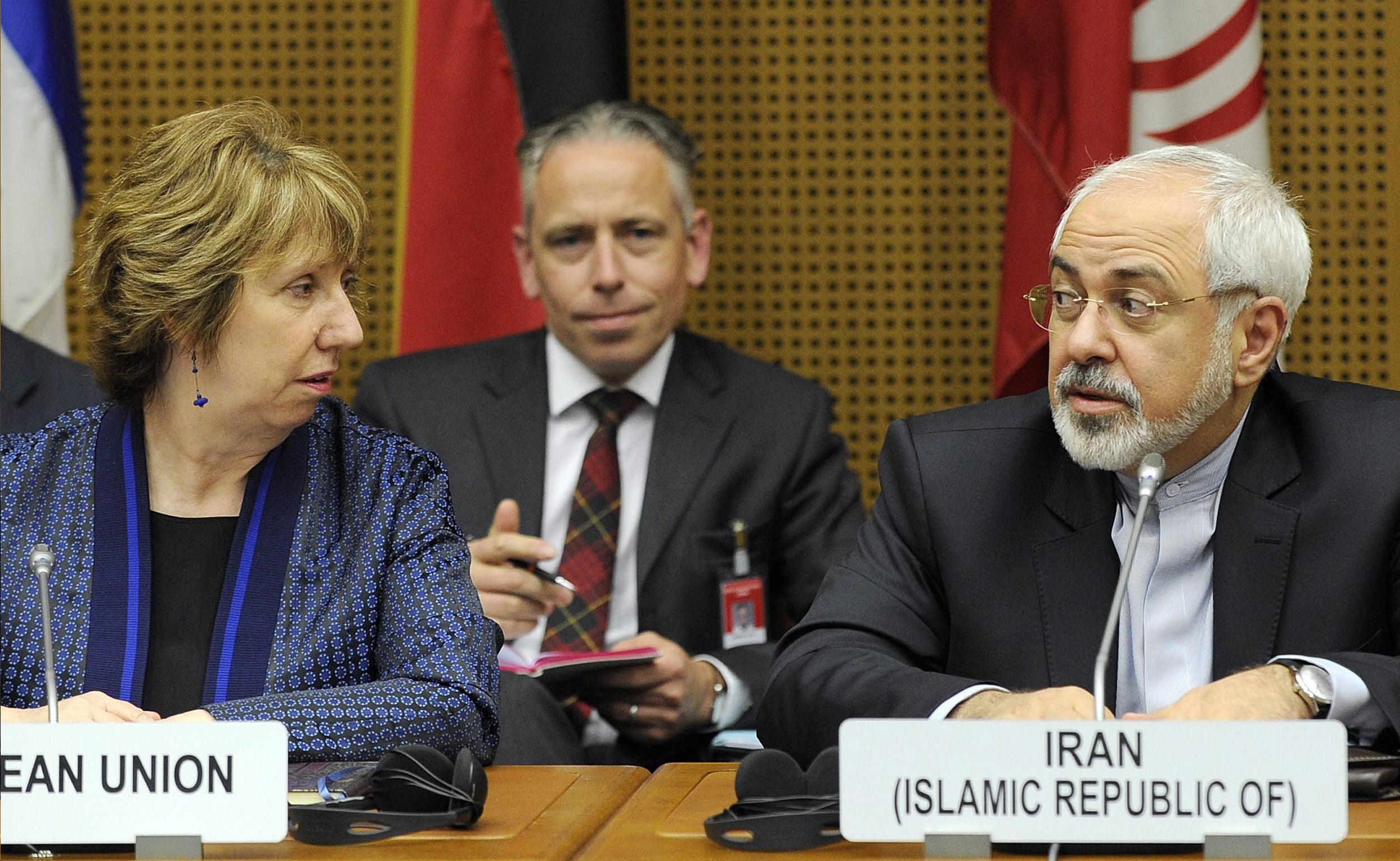Iraq crisis: Old enemies will confront common foe at arm’s length

Your support helps us to tell the story
From reproductive rights to climate change to Big Tech, The Independent is on the ground when the story is developing. Whether it's investigating the financials of Elon Musk's pro-Trump PAC or producing our latest documentary, 'The A Word', which shines a light on the American women fighting for reproductive rights, we know how important it is to parse out the facts from the messaging.
At such a critical moment in US history, we need reporters on the ground. Your donation allows us to keep sending journalists to speak to both sides of the story.
The Independent is trusted by Americans across the entire political spectrum. And unlike many other quality news outlets, we choose not to lock Americans out of our reporting and analysis with paywalls. We believe quality journalism should be available to everyone, paid for by those who can afford it.
Your support makes all the difference.The crisis in Iraq has given rise to widespread expectation that the US and Iran will join hands to shore up Iraq against the al-Qa’ida splinter group Islamic State of Iraq and the Levant (Isis). Yet those expecting an historic rapprochement, or even close collaboration, will be sorely disappointed. Interaction between Washington and Tehran will be extremely limited.
Ironically, the US last meaningfully co-operated with the Islamic Republic in 2010, when both sides worked towards the installation of Nuri al-Maliki as Iraqi Prime Minister, the man whose policies lie at the heart of Iraq’s disintegration. The two sides collaborated more substantively before that in 2001, when Iranian officials shared intelligence on the Taliban and took the remarkable step of offering to work under US command in rebuilding the Afghan army.
But this level of co-operation will not be repeated. US officials have already ruled out “military co-ordination or strategic determinations about Iraq’s future over the heads of the Iraqi people”. Although Iran’s political and security leadership appears to be slightly more divided on the issue, Ali Shamkhani, the head of Iran’s Supreme National Security Council (SNSC), has argued that “such suggestions [of collaboration] are untrue and amount to psychological warfare” and that assistance to Iraq “will be bilateral and will not involve a third country”. Those expecting intelligence sharing or just regular contact between Iran’s reportedly 200-strong contingent of Revolutionary Guard in Baghdad and the US’s existing Office of Security Cooperation or its newly arrived Marines will be disappointed.
Although the US and Iran both oppose Isis and support the Iraqi government, they do so in different ways. The US has grown disillusioned with Maliki’s sectarian and authoritarian rule, viewing these tendencies as conducive to Isis’s growth in Sunni-majority parts of Iraq. Iran, which has used Iraqi airspace to funnel arms to the Assad regime in neighbouring Syria, has avoided public pressure on Baghdad to reform. The US wants Iran to encourage Maliki to reach out to Sunni opponents, whereas Iran wants the US to fight Isis without wholesale reform in Baghdad. Neither side expects much flexibility from the other.
Moreover, Washington fears that involving Iran too deeply will further alienate those same Sunni constituencies whose support in defeating Isis will be crucial. After all, Iraqi Sunnis – who have largely supported the Sunni-dominated Syrian opposition next door – view Iran as a sectarian actor, whose mode of intervention in Syria was to create and equip Shia-dominated militias. Both Maliki and Iraq’s senior-most Shia cleric, the highly influential Ali Sistani, have already called for Shia volunteers to mobilize against Isis. Were Iran to play a prominent role in this process, it could have a corrosive effect on sectarian relations that are already exceptionally strained. By contrast, Iran’s involvement in Afghanistan in 2001 raised almost none of these national sectarian concerns.
The US will also keep one eye on its Gulf Arab allies, notably Saudi Arabia. Riyadh has decried Iranian influence in Iraq, and the US’s failure to reduce it, for over a decade. Although Saudi Arabia has been gradually moderating its support for Islamists in Syria over the past six months, and is worried about the threat that Isis may eventually pose to the kingdom, it wants to use the crisis as an opportunity to kick out Maliki and reduce Iran’s influence. If Saudi Arabia used its links to Sunni tribes in Iraq to arm anti-Isis Sunni militias, as a counterweight to Iran and Maliki’s anti-Isis Shia militias, the impact on Iraq could be severe.
For now, any US-Iran co-operation will comprise parallel but separate action against Isis and in support of Iraqi security forces. Iran will remain wedded to the Iraqi status quo, and the US sceptical that counter-terrorist assistance will achieve much in the absence of much deeper political reform.
Shashank Joshi is research fellow at the Royal United Services Institute
Join our commenting forum
Join thought-provoking conversations, follow other Independent readers and see their replies
Comments